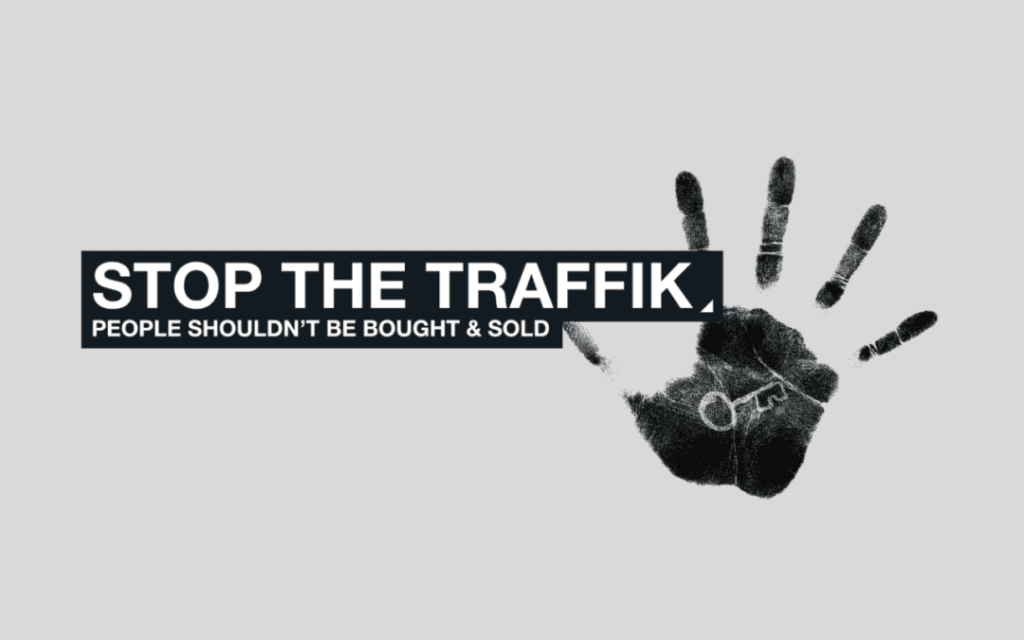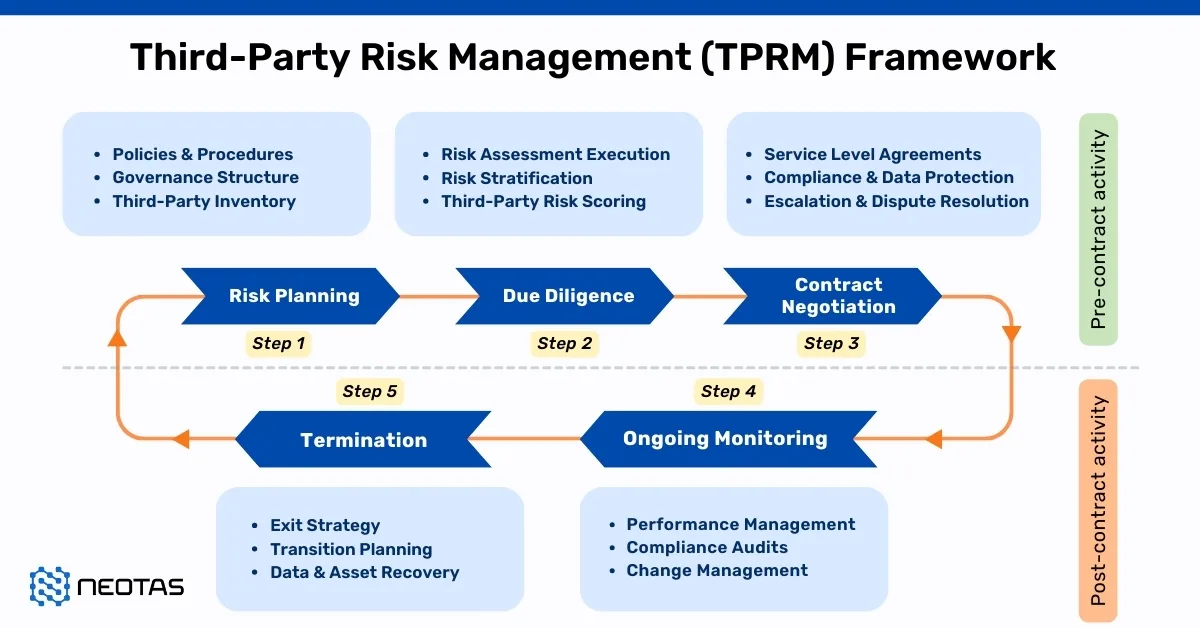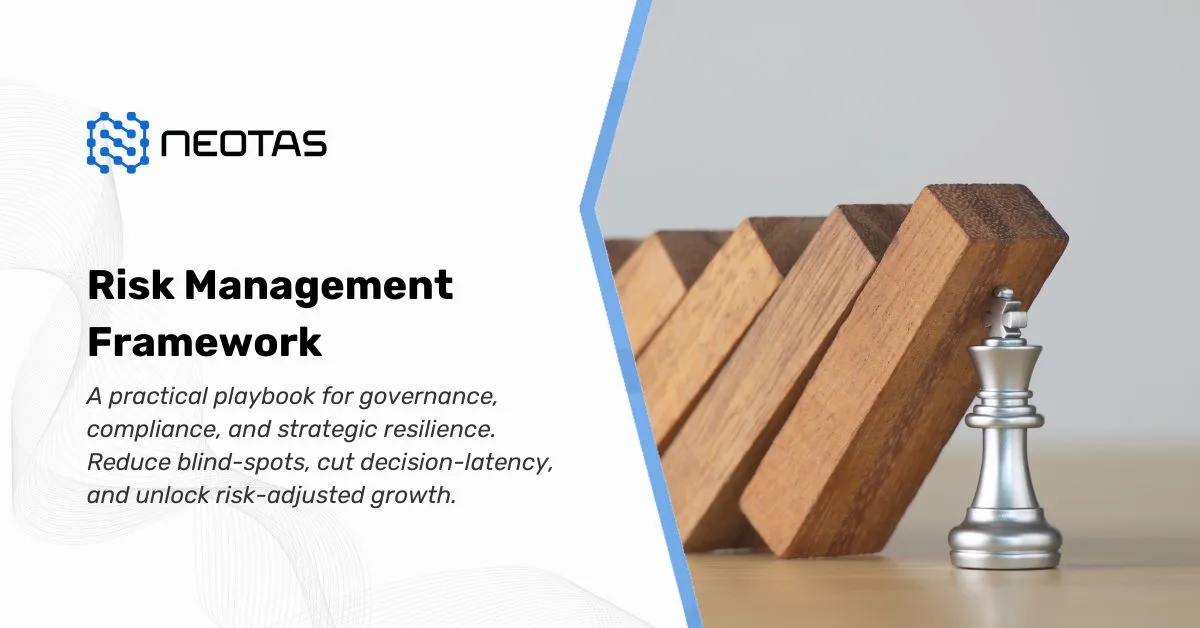Modern Slavery and human trafficking are some of the most widespread crimes in the world. An estimated 40.3 million people are victims of human trafficking, with 24.9m of these estimated to have been exploited for labour and 15.4m in forced marriage (according to the International Labour Organisation).
STOP THE TRAFFIK plays a central role in spreading awareness of modern slavery and putting in place effective crime prevention measures.
Intelligence-led prevention measures
Among the partners that are helping STOP THE TRAFFIK in its mission to prevent human trafficking, Neotas are playing a pivotal role through pro-bono analytical and advanced intelligence support. We are providing actionable intelligence that draws on insights from publicly available information.
We are applying the open source intelligence (OSINT) tools and techniques that we utilise every day to conduct in-depth due diligence. From network mapping across social media channels, to building out motivators and behavioural insights (of both victims and perpetrators), this intelligence-led approach aids the creation of effective awareness campaigns and the prevention of modern slavery.
The role of social media
Social media is increasingly becoming a part of our everyday life and enabling communication across borders, with an estimated 2.77 bn users in 2019. This means that it provides the same opportunity to traffickers and is often used to recruit their victims. Open source intelligence and social network analysis plays a central role in gaining an understanding of overall trends, hotspots and means used by traffickers.
As indicated by STOP THE TRAFFIK, this is crucial for the effective awareness campaigns that specifically target at-risk communities and individuals, using the power of OSINT for good.
Modern Slavery – Financial Crime
Collaboration with STOP THE TRAFFIK has enabled Neotas to support a charity that aims to make a real impact on the lives of millions of victims. While helping STOP THE TRAFFIK in its mission, it also serves as a reminder of modern slavery’s intrinsic ties to financial crime and illicit flows.
There is an increasing focus on tackling financial crime and preventing money laundering at an institutional level, going beyond regulatory compliance. Implicit in this is the importance of pinpointing any risk factors across the supply chain and it calls for more collaboration from financial institutions, regulators and governmental bodies, and the wider ecosystem, to help combat financial crime at the source.
What’s next?
Our partnership with STOP THE TRAFFIK has proven to be both exciting and mutually enriching. To be able to have such a profound impact on the lives of those suffering from modern slavery is truly an inspiring thing.
With key projects already delivered, we look forward to continuing our partnership with STOP THE TRAFFIK and using the power of OSINT for good to try to prevent human trafficking.
Relevant Links
- Find out more about STOP THE TRAFFIK and their incredible work here
- Follow Neotas here for live updates on our partnership with STOP THE TRAFFIK
- Learn more about the intelligence delivered via our ORCA platform here



 New Whitepaper and Checklist
New Whitepaper and Checklist
























